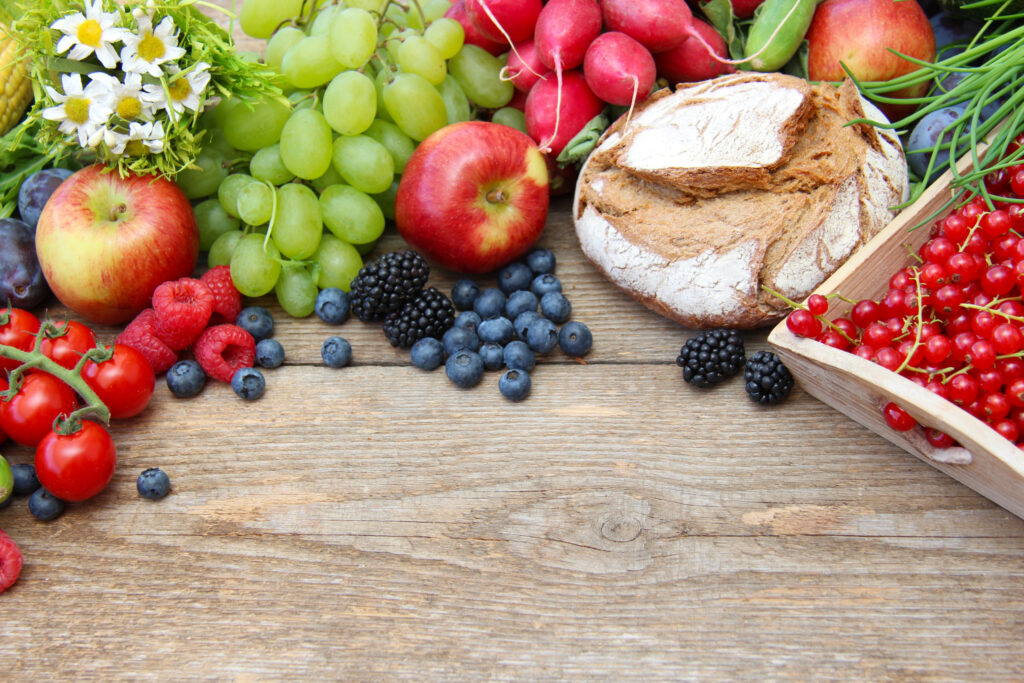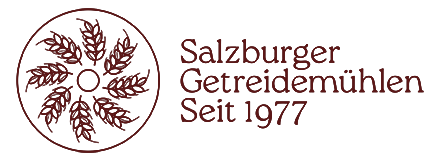
When the days become shorter again, our menu usually becomes more lavish again. In bad weather and when the degrees drop our appetite is greater again.
In particular, the appetite for sweets and rich food increases, whereas in summer people are usually satisfied with a crisp salad and grilled meat.
Fats are flavor enhancers and sugar is a good source of energy.
But what does our intestine say about it?
Today, many nutrition-conscious people already know that sugar and fats are hidden in many foods. Sugars and fats must be isolated during digestion through a chain of processes so that they can do their job.
The fact that digestion functions well is largely due to the intestine, or rather the intestinal mucosa.
Our intestines ensure that the body gets the nutrients it needs. Trillions of beneficial bacteria produce important enzymes that break down the larger parts of food components into small molecules. Only when the parts of the food are sufficiently broken down can they be absorbed into the body via the intestinal mucosa. But only if the intestinal mucosa is healthy and not affected by old food residues.
So we need to be aware that what we eat is also the food for our gut bacteria, which are so beneficial.
would be the important helpers that our intestinal bacteria urgently need. Only how often are whole-grain breads or vegetable loaves on your menu? If too much sugar or not enough fiber is available in the intestine, then the intestine gets out of balance and fermentation germs take over.
Foods that are difficult to digest cannot be fully digested and unpleasant gases are produced due to sugar decomposition.
Among other things, these gases produced also provide for
Generally known is the arising tiredness after extensive pleasures.
The liver also plays an important role and ensures that digestive processes function properly. If the interaction of intestine and liver is impaired by disturbed intestinal flora, liver diseases may develop up to liver cirrhosis.
A balanced diet rich in fiber is crucial for a healthy intestinal flora and thus also for our well-being.
Therefore, as far as possible, avoid convenience foods, bread from supermarket bakeries, alcohol, and foods and drinks with high sugar content.
Enjoy lots of green vegetables, make friends with bitters, drink enough and make sure you have plenty of fiber. For example, start the day already with a homemade muesli!
Address:
Gasteigweg 25,
5400 Hallein
Austria
Opening hours:
Monday to Thursday: 09 – 16:00
Friday: 09 – 12:00
Contact:
Phone: +43 6245 83282
E-mail: info@agrisan.at
Address:
Gasteigweg 25,
5400 Hallein
Austria
Opening hours:
Monday to Thursday: 09 – 16:00
Friday: 09 – 12:00
Contact:
Phone: +43 6245 83282
E-mail: info@agrisan.at

